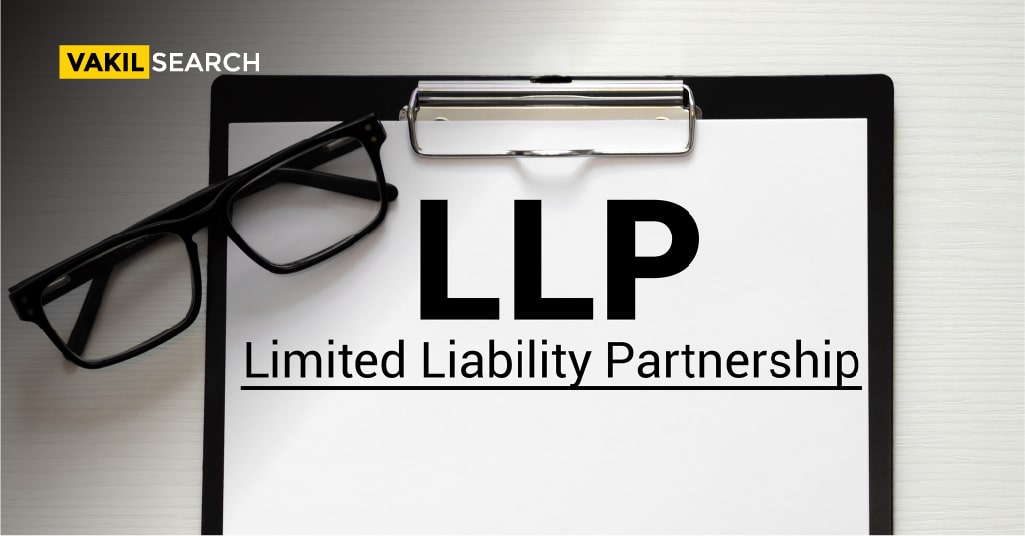A limited liability partnership (LLP) is a business structure used by entrepreneurs who are starting their own businesses or expanding existing ones. Learn more about LLP agreements here!
What Is a Limited Liability Partnership?
Limited Liability Partnership is overseen by the Limited Liability Partnership Act 2008, which came into force on 01 April 2008. It constitutes 81 Sections and four schedules. So far, LLP rules 2009 has specified many forms to be filed with MCA for a successful LLP agreement.
What is in an LLP agreement?
An LLP agreement is a legal document used by law firms to protect their clients from being sued. It also protects them from being taken advantage of by other lawyers. While there is no legal requirement for LLP partners to sign a formal LLP agreement, it is almost always a good idea to do so.
An LLP agreement typically covers the following main areas:
- The rights and responsibilities of each associate
- Means of regulating each associate’s investment in the LLP
- Regulations for how firm property is operated and owned
- How are the profits or losses being distributed
- How the LLP is governed
- How crucial judgments will be made.
Once an LLP arrangement is signed, the partners are bound by it as soon as the LLP is registered with Companies House. Because the LLP agreement does not need to be registered with Companies House, it is kept private and confidential among the members.
How do you know if you need an LLP agreement?
While LLP agreements are not compulsory, they are widely acknowledged and recommended for a variety of reasons, including:
- A well-drafted LLP company registration agreement allows more certainty and clarity about each member’s expectations than statutory default provisions
- It can aid in the avoidance of unnecessary disagreements, conflicts, and misunderstandings
- It establishes a solid set of rules to aid in the resolution of any potential disputes or conflicts.
This article does not cover the statutory default regulations. If they apply, you may be in an unsatisfying position for a variety of reasons, including the inability to control how the LLP’s profits are distributed, the inability to require a representative to come to work and the inability to coerce or expel a member.
What are the types of LLP agreements?
The agreement is tailored to meet all partners’ needs while remaining focused on the goal and growth. The sole agreement may not place all of the partners in a comfortable zone.
The most common types of LLP agreements are as follows :
Equal Rights LLP (1:1)
In this type of LLP, all partners contribute to the LLP’s capital, time, and efforts. Everyone is paid the same and shares the same profit and loss. Decisions are made collaboratively. All partners have the same rights and liabilities and contribute equally to the management and operation of the company. To summarise, while an LLP is not required by law to have an LLP Agreement, we strongly recommend having one of these in place that covers all of the areas relevant to your business.
Differential Rights LLP
In this type of LLP, each partner contributes a different amount of capital, energy, time, and liability. As an outcome, the profit-sharing, decision-making, and administrative rights are all different.
It can be divided into two categories :
- An agreement in which rights are distributed based on contribution and profit-sharing ratios. Only the level of contribution can determine the level of profit-sharing
- Agreement in which rights are only in the contribution ratio, but profit privileges differ. Management rights may be equivalent or are in some ratio, similar to the structures observed in Indian company registration.
Content of LLP agreement
A well-structured and succinctly summarised agreement is essential for the smooth operation of a Limited Liability Partnership.
Every standard agreement includes the following provisions:
- Name of the LLP
- Date of the agreement and parties to the agreement introductory provisions
- Place of business
- Business activity
- Duration
- Accounting and auditing etc.
- Partners’ contribution and method of contribution
- Record keeping and bank arrangement
- Allocation and distribution
- Dissociation of partner
- Partners’ rights to records
- Management and fiduciary duty
- Arbitration and general provisions.










